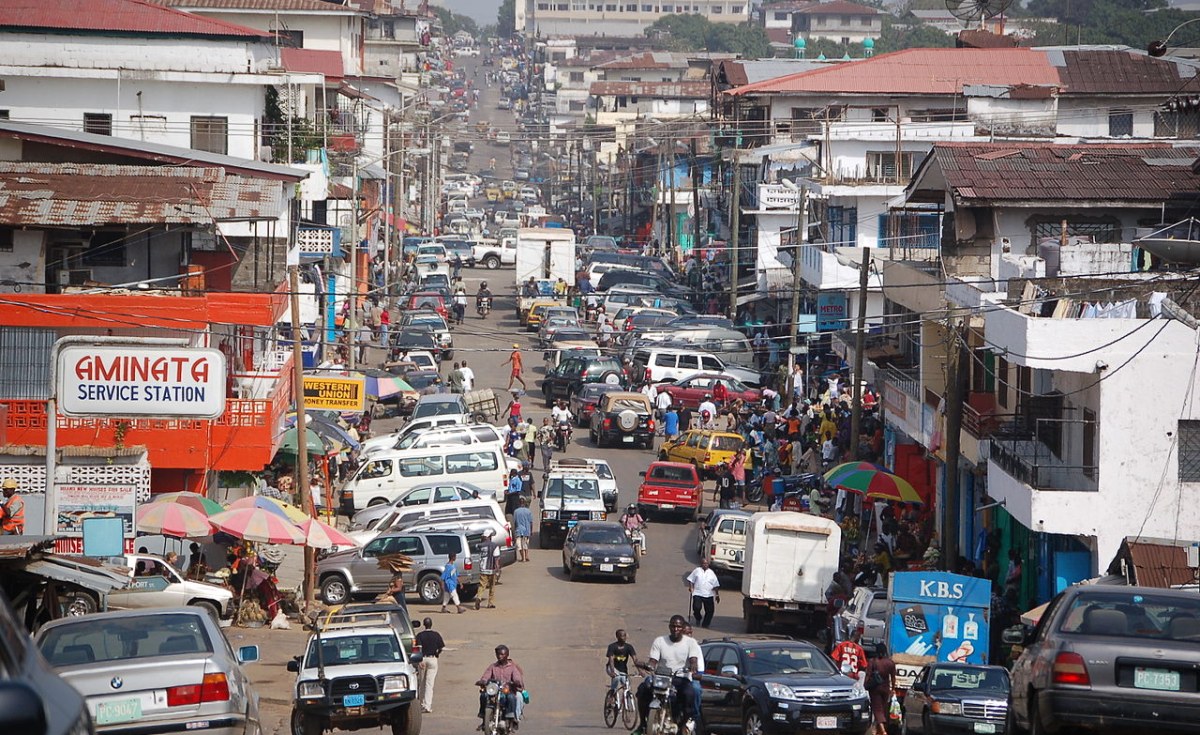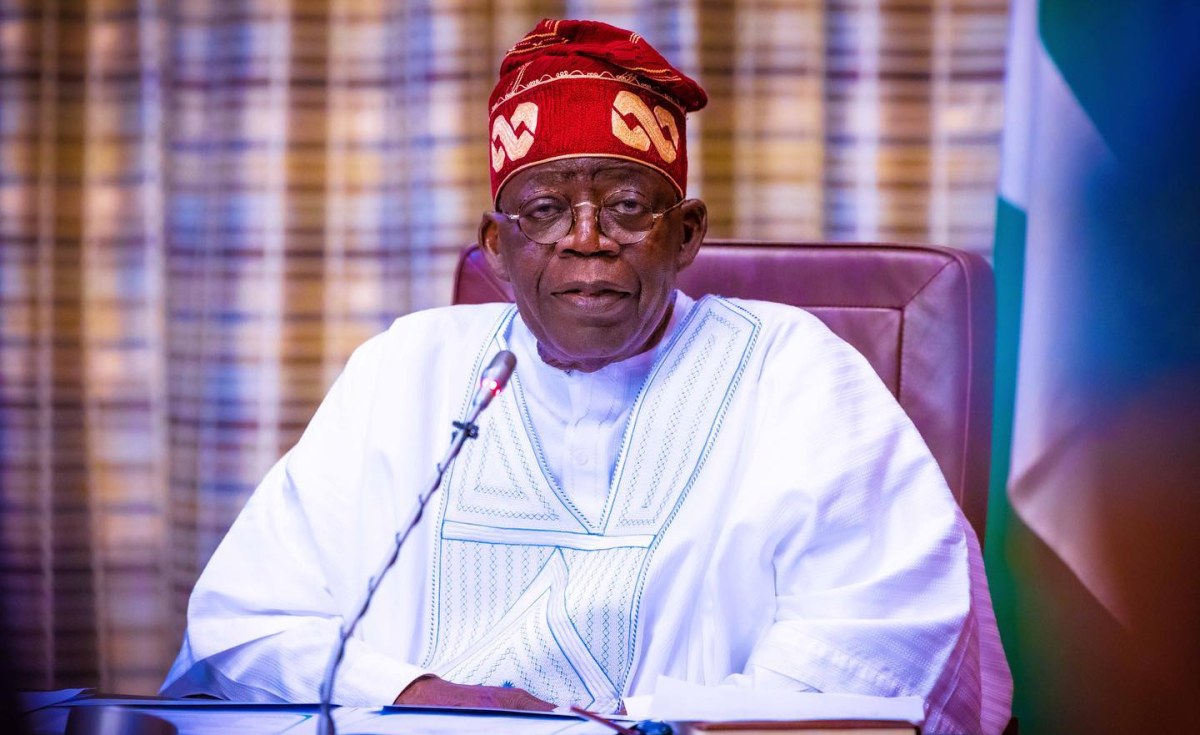A UN expert has welcomed Mozambique’s progress towards managing disaster displacement, and urged greater leadership and decentralised interventions to address outstanding protection and humanitarian needs of Internally Displaced Persons (IDPs).
“I am encouraged by the early warning and response policies designed to strengthen disaster management, promote reconstruction in conflict-affected areas, and improve responses to internal displacement situations,” said Gaviria Betancur, the UN Special Rapporteur on the human rights of internally displaced persons in a statement, following her 13-day visit to the country.
Mozambique is among the countries most susceptible to the adverse effects of climate change and has suffered the devastating consequences of recurring hazards and disasters, including drought and cyclones.
“Disasters fuelled by the adverse effects of climate change are a recurring threat in Mozambique, and it is essential to accelerate the reconstruction of resilient infrastructures in resettlement areas and relocate disaster-susceptible populations to high land areas while providing adequate livelihood opportunities, and post-disaster recovery assistance,” the expert said.
“More than once, I heard people say, ‘we do not want to keep relying on humanitarian assistance; we want to have access to arable machambas and tools to be able to work for ourselves,’” Gaviria Betancur said.
Northern Mozambique has suffered large-scale internal displacement due to ongoing armed conflict and violence perpetrated by non-state armed groups. As the aid response is shifting from being primarily humanitarian and towards reconstruction, a greater coherence, coordination and complementarity of humanitarian response is needed, the expert said. She recommended that reconstruction and development interventions are closely coordinated with the Government and local communities.
“While the Government is now geared toward development initiatives for IDPs and host communities, these should complement, rather than come at the expense of protection and humanitarian assistance since the basic needs of the people still remain acute,” the expert noted.
Gaviria Betancur said significant protection and humanitarian challenges remain, especially in the conflict-affected northern provinces of the country. Continued protection analysis of the situation and humanitarian response to displaced populations are crucial to identify and mitigate negative coping mechanisms affecting groups in vulnerable situations, including children, women and girls, persons with disabilities and older persons.
The expert drew attention to ongoing protection concerns raised by internally displaced persons on the issues of civil documentation, access to livelihoods, access to housing, land and property, physical safety and security, and mental health and psychosocial support services. In conflict-affected areas, women and girls are at heightened risk of violence and sexual abuse or exploitation.
Gaviria Betancur cautioned that efforts to promote durable solutions to displacement, including return, should not take place before conditions are entirely conducive, and that this process must be driven by the informed participation of internally displaced persons themselves.
“While I was informed many IDPs have chosen to return to their areas of origin, the durability of these returns is questionable as the decision to return is often contingent on the presence of international security forces in areas of return,” the expert said.
The Special Rapporteur called on the Government and the key humanitarian, human rights, development and peace actors to accelerate efforts towards developing a State-owned and driven vision on what sustainable durable solutions mean and how the Government intends to achieve them.
“Mozambique is at opportune junction to address existing impediments and reach durable solutions that the internally displaced people deserve,” the expert said.
Distributed by APO Group on behalf of Office of the UN High Commissioner for Human Rights (OHCHR).
Source
South Africa Today Africa – North Africa Algeria News









